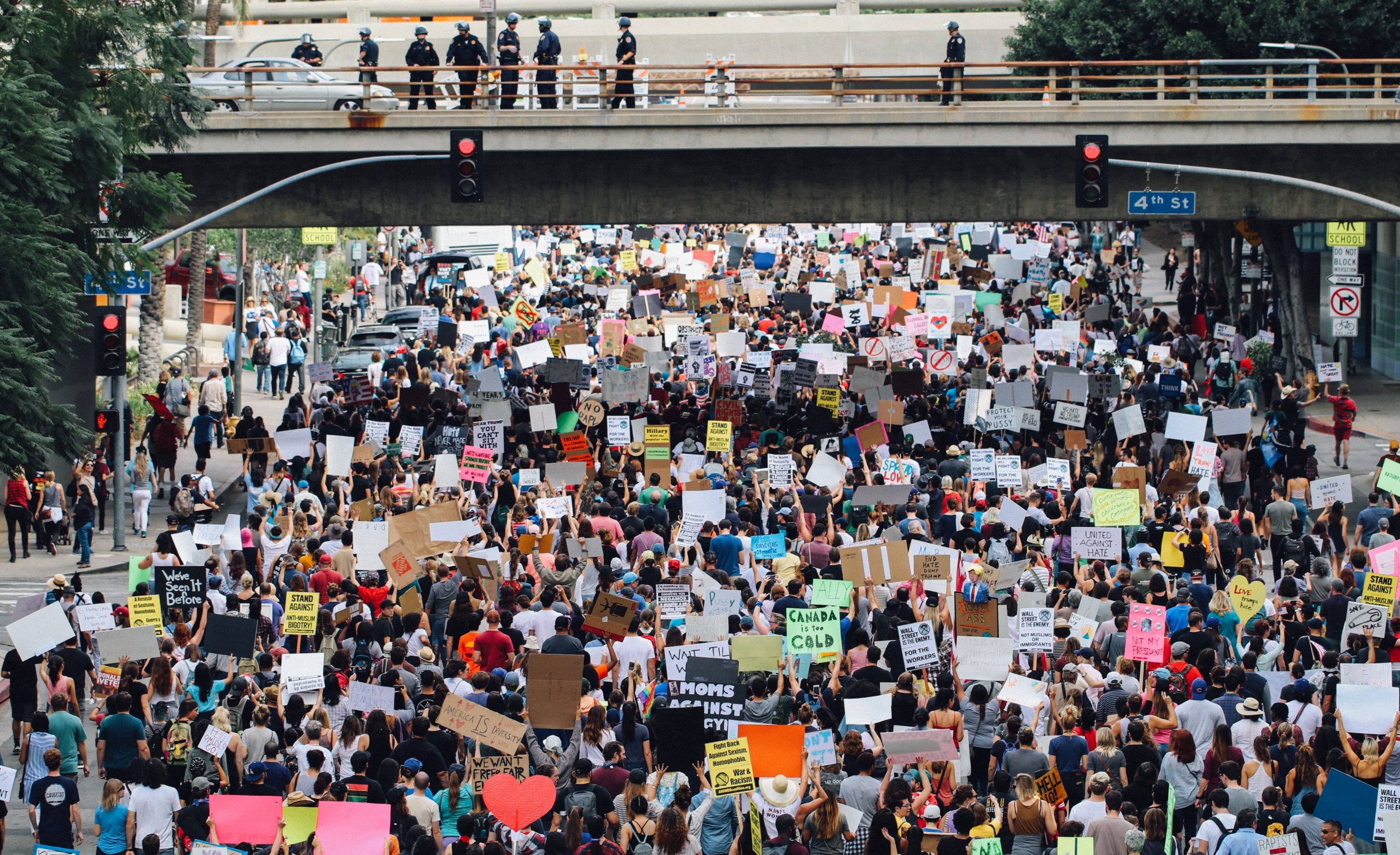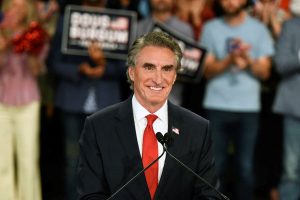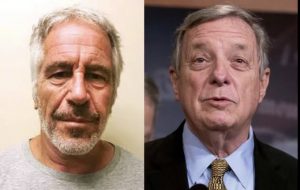El Salvador President Nayib Bukele’s proposal to ban foreign donations or funding for non-governmental organisations that supposedly carry out political activity in the country was criticised by civic groups and activists.
They said that it was Bukele’s attempt to suppress criticism of his populist government.
Eduardo Escobar, the director of the NGO Citizen Action, called it an attempt “to silence the critical voices of civic groups.”
The bill was sent by Bukele to Congress this week. In Congress, his New Ideas party is dominant and is expected to pass the law. He accuses civic groups of helping organise protest marches against his government.
Groups that bat for government transparency and accountability say Bukele has attracted protests by weakening democracy and the separation of powers.
Under the law, civic groups would have to report foreign donations and account for them and pay a 40% tax on them.
Congressman César Reyes of the conservative Arena party said the intention of the bill “is to undermine our democracy and place chains on the civic groups that defend the rule of law.”
While mass gatherings were banned following a series of protests against Bukele supposedly in order to prevent the spread of COVID, hosting of sporting and cultural events did not get banned.
That apparent contradiction led opposition activists to accuse Bukele of banning protests while leaving other potential super-spreader events untouched.
Bukele, who once jokingly changed his Twitter description to “Emperor of El Salvador” and “Coolest Dictator in the World”, has brushed off the criticisms.
In demonstrations, the protestors questioned Bukele’s antidemocratic tendencies and his fervor for promoting the cryptocurrency Bitcoin.
Earlier this year, Bukele’s party replaced the five members of the Constitutional Chamber of the Supreme Court and the independent attorney general who had balked at several of Bukele’s earlier actions.
Bukele was elected in 2019 and has maintained high popularity with his vows to weed out the corruption that was rampant among the country’s traditional parties.







